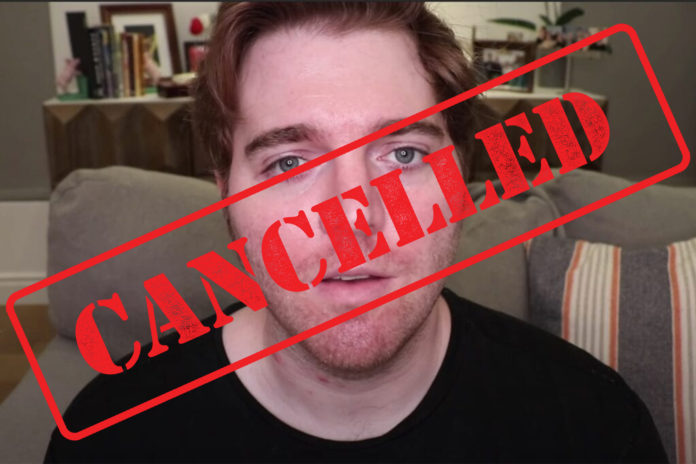

Cancel culture, which is when a group of people essentially seek to “cancel” someone, has emerged in recent years. The notion of cancel culture has been prominent in such cases as Harvey Weinstein, which resulted in #MeToo movement, or J.K. Rowling for her alleged transphobic comments.
Olivia Parker, a St. Thomas University communications professor, said cancel culture can hold people and companies accountable, but it also removes both sides to the story.
“When you’re implementing something like #cancelculture or #cancelcompany or #partyisover company X, you are also removing the opportunity for debate and to potentially hear the other side of the story,” said Parker.
Meah Peers, a STU 2020 graduate, said she sees both the negative and positive effects of cancel culture. She said it is great because it illuminates bad behaviour, but also enables anyone to falsify information or manipulate facts.
She said many people seem to keep up with cancel culture, and she enjoys staying current on the topic as well, but also said that not everything you read is true.
“Especially with politics or celebrities, like half that stuff you really don’t know if it’s true,” said Peers.
Cindy Chua, a fourth-year media studies and sociology STU student, said cancel culture is beneficial to exposing wrong behaviour, such as racist comments or sexual assault. Once someone is in the public eye, they forfeit some of their privacy.
“They chose to live their life very publicly. If they did something and they experience cancel culture, to some degree, they have to take it,” said Chua.
Parker said there is a difference between cancel culture and scandal. A scandal is salacious and can often be hushed while cancel culture often attempts to address objectively immoral behaviour.
“It really just comes down to how society perceives your actions, whether you’re an individual, unknown individual, or a company,” said Parker.
Neither Chua nor Peers said they engage in cancel culture themselves, though they have both encountered it through social media such as Twitter, Facebook and Instagram.
Peers said she does not interact online, but will make a conscious effort in cancelling a person and their associated works if she agrees their behaviour was wrong. She said she wouldn’t watch House of Cards because of the allegations that came out on Kevin Spacey.
“Definitely Kevin Spacey or Harvey Weinstein … because [their allegations] are so serious to me. I think House of Cards was definitely one that came to my mind,” said Peers.
Though Chua does not participate in social or online discussions, Chua said that objective immoral behaviour that surfaces through cancel culture should be taken seriously.
“It might sound very minor, but we’re living in 2021. I think it’s just something that everyone should be aware of, especially celebrities because they are a public figure, they have influence, so their behaviour can very easily affect other people.”
